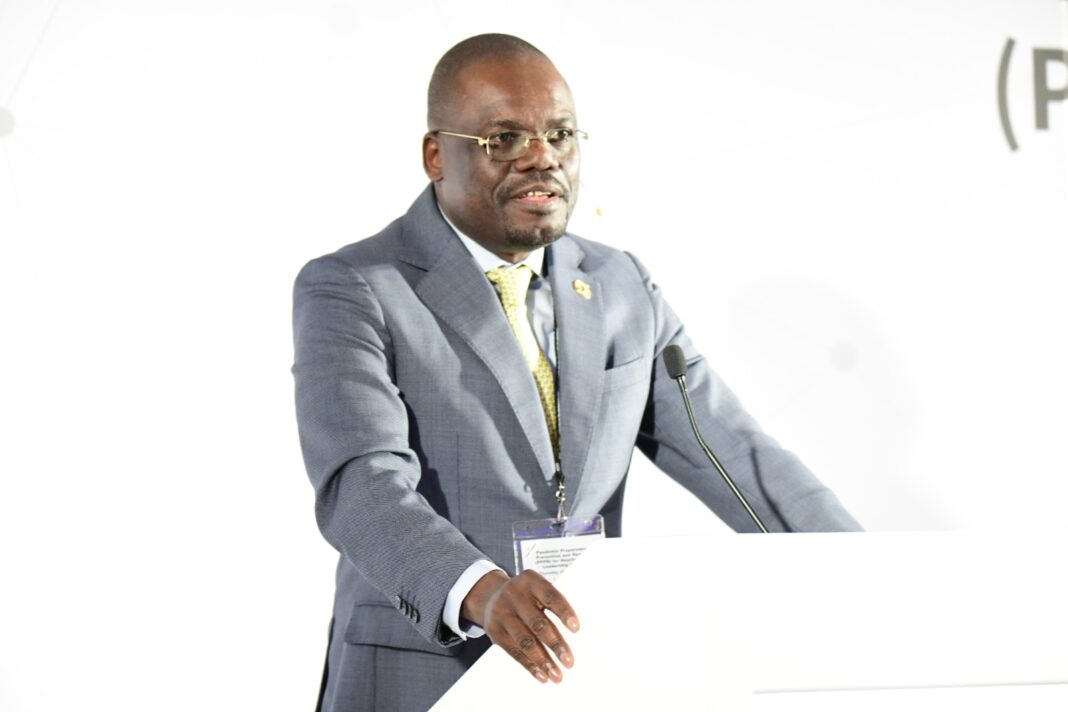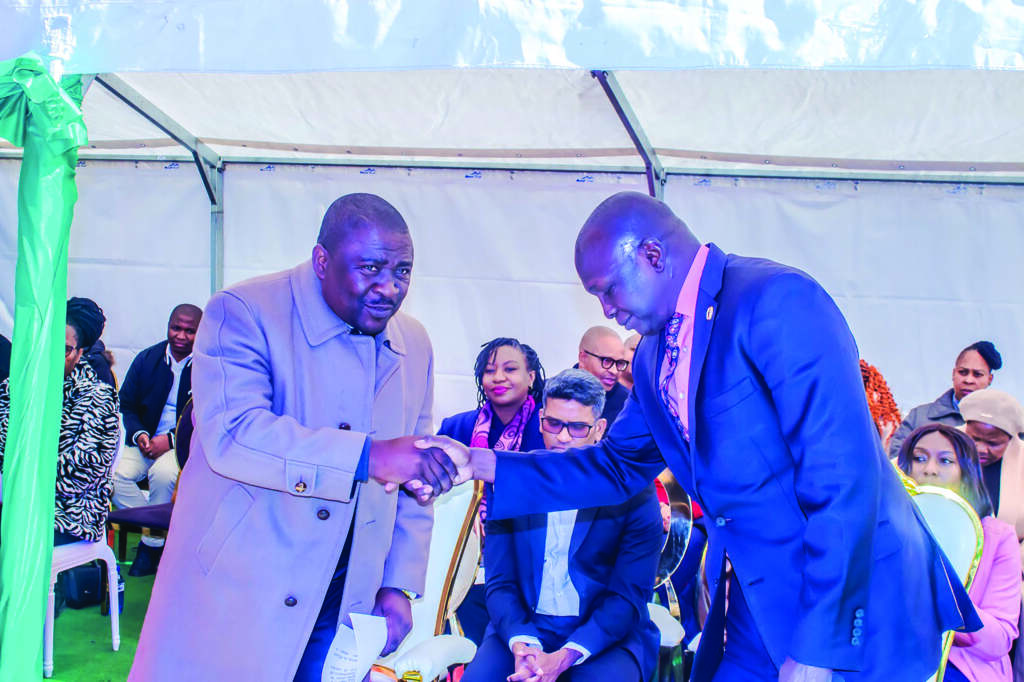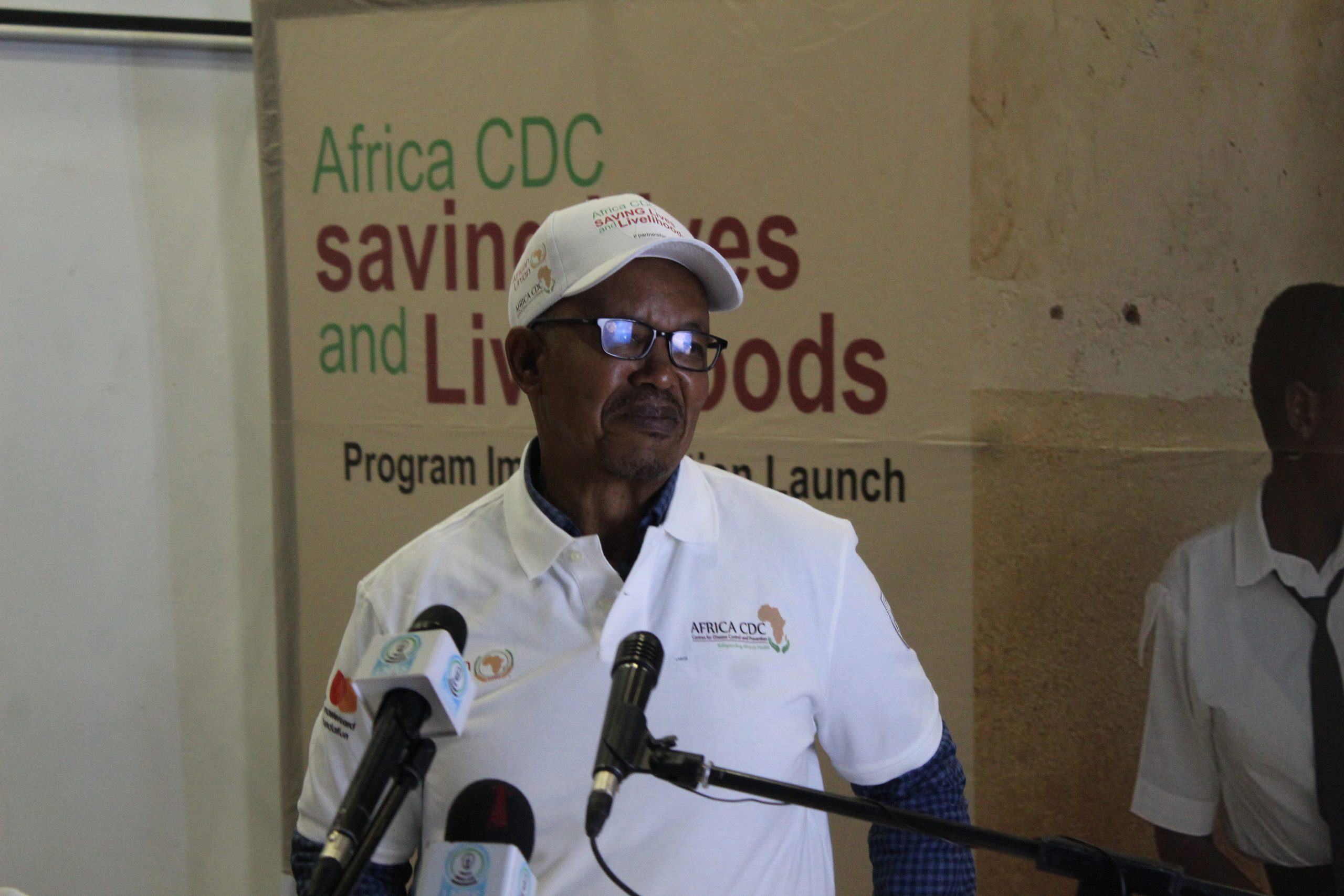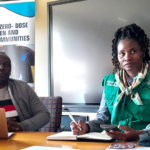Marcia Zali
Civil society organisations have called on countries that are part of the BRICS community to put their money where their mouth is when it comes to investment in health on the African continent.
This was said at a side event on Pandemic Preparedness and Response (PPPR) for health security that was held during the BRICS Summit which was hosted by South Africa in Johannesburg.
During the three days’ event, the South African BRICS Business Council, Africa CDC, the South African Department of Health, and the Africa Health Business held a dialogue on August 24 where they discussed how the public and private sectors could form partnerships that would support efforts to promote health security in the global south.
Some of the key areas that were identified to achieve this goal are research and development, local manufacturing of pharmaceuticals, information, and resource sharing.
The Director of the Africa Region Pandemic Action Network, Aggrey Aluso said that the COVID-19 pandemic showed the fragility of the continent’s health system which struggled during the viral outbreak.
Aluso further explained that despite the various challenges faced by different countries on the continent, a top priority for civil society organisations was maintaining calls for equity, especially in environments where business interests were often placed above human interests.
“The governments need to show their love and respond accordingly. If you say health is a priority, put your money where your mouth is. You cannot say health is important and not fund it. We know Africa has the least investment in health with some countries investing less than $20 000 per capita investment,†added Aluso.
The global network promotes regional cooperation between countries to ensure that those who are not well-resourced do not get left behind during a health crisis.
Representing over 350 organisations, the network is advocating for the world to be prepared for the next pandemic while still trying to recover from the effects of the coronavirus.
The speakers at the dialogue acknowledged that the continent was caught sleeping when COVID-19 spread and the lessons learned from it should be used to prepare for the next pandemic, which the Africa CDC said was imminent.
The Director-General at the Africa CDC, Dr Jean Kaseya said that evidence was showing that the next pandemic would be coming from another zoonotic disease which will be worsened by climate change as well as non-communicable diseases (NCDs) like hypertension, cardiovascular diseases, and diabetes that are already burdening health systems on the continent.
“Africa is currently reporting over 100 outbreaks everywhere this means over two outbreaks per week. This will likely increase because of population growth, climate change, cross-border movement, urbanization, and different types of conflict,†he said.
“Lessons learned from the Covid-19 pandemic such as the multisectoral collaboration to address the health iniquity will be essential to defining the nature of long-term collaboration and investment in health systems to make them resilient and cost-effective,†said Kaseya.
He went on to add that health should no longer be dismissed as a liability for investors in the private sector because investing in health would create health security for societies and also create jobs, economic growth, peace and security, and social development.
South Africa, which played a leading role during the pandemic said that it was ready for the next health emergency.
The Health Minister, Joe Phaahla said that previous outbreaks and health emergencies had laid the foundation for how to deal with them.
And that established surveillance systems and networks consisting of epidemiologists, laboratories, and scientists added to the country’s levels of preparedness.
“Our genomic sequencing is one of the top in the world and we get regular reports when they see something. In terms of diagnostics, we are much better than we were when COVID-19 started, and in terms of vaccines, we have created the capacity with the support of the WHO with the facility in Cape Town,†explained Phaahla.
The Minister further added that the mRNA technology that was used to manufacture vaccines for Covid-19 could also be used for other viral infections.
From the BRICS Business Council in South Africa, Stavros Nicolaou said that what happened during the pandemic should never happen again.
Emphasising that when rich countries bought all the available vaccines, leaving poor countries to scramble for diagnostics, tests, and vaccines, was indicative of a world that was not unified.
Nicolaou further said that it was now upon the African Union and BRICS communities to form partnerships that will ensure that the continent is ready when the next pandemic comes.
Summary
- During the three days’ event, the South African BRICS Business Council, Africa CDC, the South African Department of Health, and the Africa Health Business held a dialogue on August 24 where they discussed how the public and private sectors could form partnerships that would support efforts to promote health security in the global south.
- The Director-General at the Africa CDC, Dr Jean Kaseya said that evidence was showing that the next pandemic would be coming from another zoonotic disease which will be worsened by climate change as well as non-communicable diseases (NCDs) like hypertension, cardiovascular diseases, and diabetes that are already burdening health systems on the continent.
- He went on to add that health should no longer be dismissed as a liability for investors in the private sector because investing in health would create health security for societies and also create jobs, economic growth, peace and security, and social development.

Your Trusted Source for News and Insights in Lesotho!
At Newsday Media, we are passionate about delivering accurate, timely, and engaging news and multimedia content to our diverse audience. Founded with the vision of revolutionizing the media landscape in Lesotho, we have grown into a leading hybrid media company that blends traditional journalism with innovative digital platforms.










